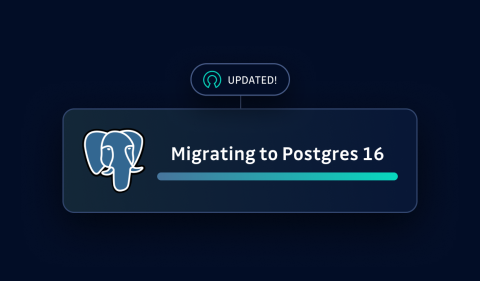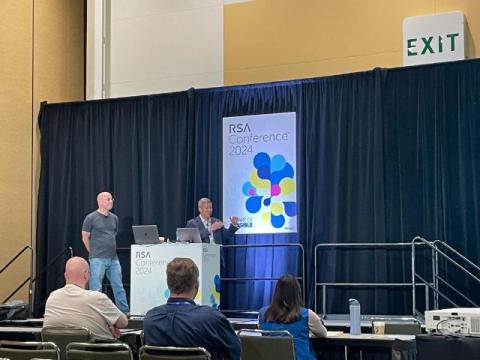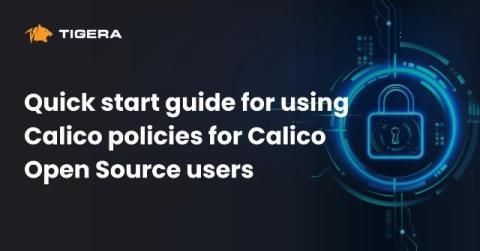Going beyond reachability to prioritize what matters most
Most modern applications contain a substantial number of open source packages, libraries, and frameworks. In fact, it's estimated that at least 80% of the source code in modern applications is from open source. In addition to relying heavily on commodity components to build applications, development teams often deploy these apps and services via community-sourced container base images.











